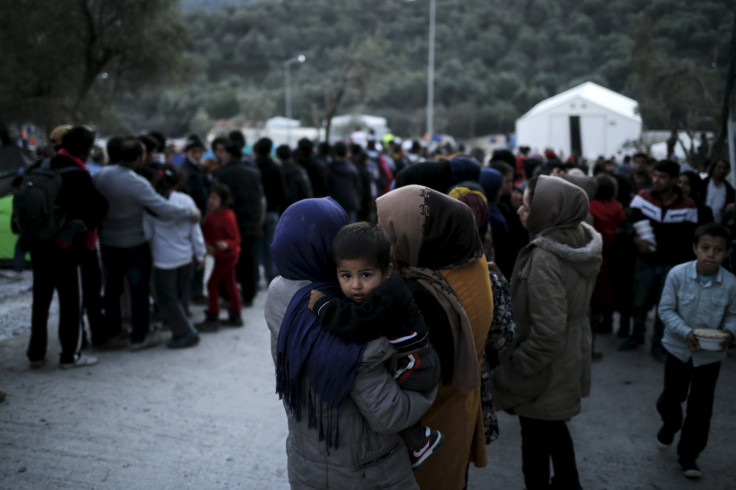Amid Europe Refugee Crisis, EU Misses Relocation Deadlines, Falls Short Of Funding Pledges

European Union member nations missed their self-imposed deadline to appoint officers to coordinate refugee relocations, and have fallen short of funding pledges in their efforts to relocate 160,000 Syrian, Eritrean and Iraqi refugees from Greece and Italy to less affected countries, the Guardian reported Wednesday. The EU’s emergency relocation scheme intends to move the refugees in the next two years, but has relocated just 158 people so far — 128 from Italy and 30 from Greece. The Guardian projected that at the current pace, the relocation scheme will take the member nations 166 years to fulfill.
The EU member nations had agreed in September, and again in October, to help with the relocation of 160,000 refugees in “clear need of international protection” from highly affected areas they fled to — Italy and Greece — to less affected ones that still have the capacity to accept them.
“No member state can effectively address migration alone. It is clear that we need a new, more European approach,” the European Commission's agreement declares. “All actors: member states, EU institutions, international organizations, civil society, local authorities and third countries need to work together to make a common European migration policy a reality."
As of Tuesday, EU nations were short $2.34 billion of their $5.96 billion pledge to the UN’s refugee agency, food program and other funds. Additionally, not enough member states have given resources to Serbia, Slovenia and Croatia to aid with the refugee crisis, such as beds, blankets, winter tents, clothing and first aid kits. Hundreds of thousands of refugees have entered the three countries in the last several months trying to cross Europe after other nations, such as Hungary, shut their borders. The United Nations High Commissioner for Refugees reported in October that more than 10,000 refugees were stranded in Serbia and short of food.
© Copyright IBTimes 2025. All rights reserved.





















